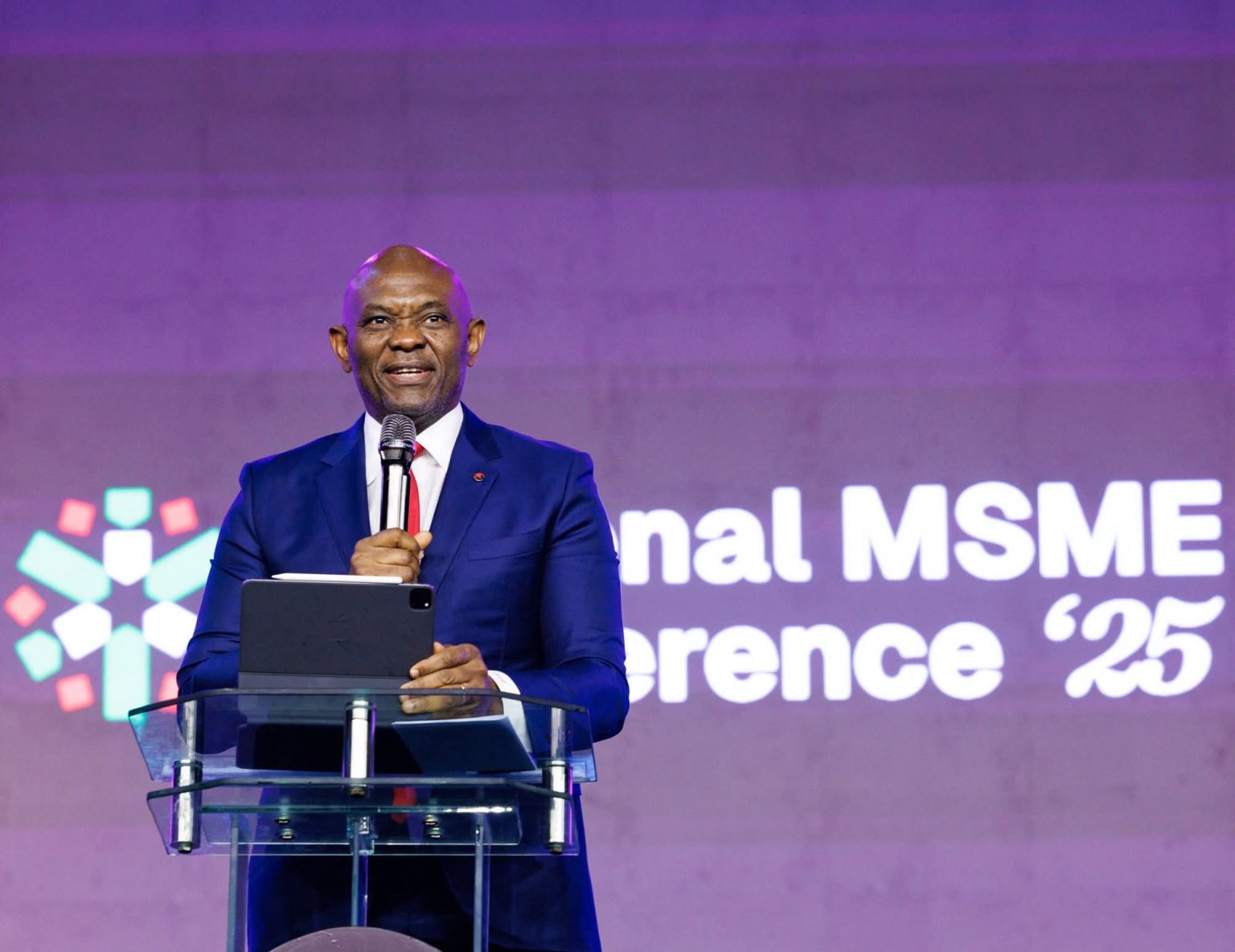Business mogul Tony Elumelu has challenged Nigerian entrepreneurs and policymakers to shift their focus from mere business survival to building enduring institutions that can sustain the nation’s economic transformation.
In a statement posted on his Facebook page on Tuesday, the philanthropist argued that too many great ideas fail because the necessary support ecosystem is absent.
He stressed that sustainable businesses, not government handouts or foreign aid, are the true engine of Nigeria’s renewal.
READ ALSO: Tony Elumelu calls for bold shift in Africa’s global partnership model
“If you are chasing profit and nothing else, your journey will be short. If you’re driven by purpose and a vision to make lives better, your legacy will endure”, Elumelu stated.
He promoted his economic philosophy of Africapitalism, which commits the private sector to making long-term investments that generate both economic wealth and social good.
Elumelu, through the Tony Elumelu Foundation (TEF), said the Foundation gives beneficiaries a non-refundable seed capital of USD 5,000.00.
He added that its greatest impact comes from a 12-week business education programme, which equips young African entrepreneurs with the skills to grow their businesses.
He added that the foundation has provided over 24,000 young Africans, including 9,229 Nigerians with capital, mentorship, and training.
Addressing the government and key institutions, Elumelu called for urgent policy reforms to unlock entrepreneurial growth.
He demanded predictable policies to attract investors, functional infrastructure, especially power, which is vital for the digital economy, accessible financing for businesses and reduced bureaucracy and a focus on cutting-edge digital skills.
Elumelu commended President Bola Tinubu for appointing young Nigerians to steer critical national agencies and praised the CEO/Director General of SMEDAN, Charles Odii, for his efforts since his appointment.
READ ALSO: IMF gives Nigerian billionaire, Elumelu new appointment
He warned that without critical infrastructure, particularly power, Africa risks being left behind in the global AI revolution.
He urged leaders to forge partnerships that free entrepreneurs to focus on growth and innovation, moving from surviving to winning.



